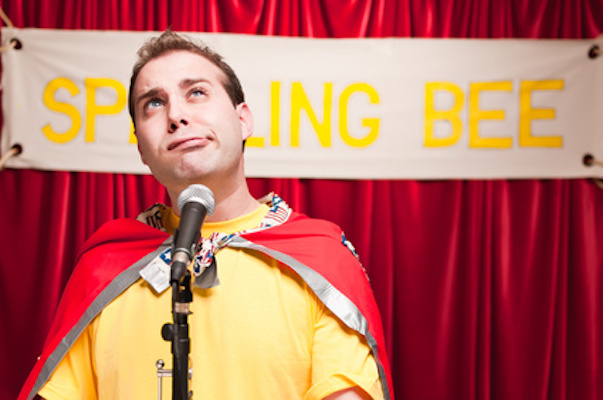When I was in the 5th grade, I won the spelling bee at my elementary school. It was an exciting time because not only did I go on to the spelling bee for the city but I also got my picture in the local newspaper. For a 10-year-old girl in the 80s, it felt like a very big deal.
That Time I Was in the Spelling Bee
Too bad I didn’t know how to prepare for my moment. No one really helped me study. I was given a book with eligible words, and I just read them over and over. Did I check how to pronounce them or check their definitions? Nope. No one quizzed me either. So when the city spelling bee hit me with the word curricle in the third round, I fell short.
For the record, a curricle is a light, open, two-wheeled carriage pulled by two horses side by side.
It was no auslaut, erysipelas, bougainvillea, aiguillette, pendeloque, palama, cernuous, or odylic, the winning words in a surprising 8-way tie for first place in the 2019 Scripps National Spelling Bee, but it was my word. It was a reminder that it is not enough to do things halfway. You have to put in the time and effort to really wrap your head around the English language.
Thank Goodness for Autocorrect?
My sister was never really great with spelling. Back in elementary school, we used to cover our books in brown paper bags. It not only protected books that were, let’s be honest, old as dirt, but it allowed us some freedom to express ourselves. Doodles, stickers, you name it. To this day, I pick on her for writing “I lick Mike” when she meant “I like Mike” all over her books. Needless to say, she replaced those book covers right away.
People make innocent spelling mistakes all the time, and autocorrect does not always save the day. I mean, how many of you have seriously meant to type “ducking”?
Odds are you’ll come across a “you’re” vs. your” error here or there. Speaking of “there”, maybe a “their” vs. “there” vs. “they’re” swap. Let’s not forget “it’s”, “its”, “to”, “too”, “two” or “hear”, “here”. Is that going to stop you from reading whatever it is you are reading?
Sometimes you have to cut people some slack. If you see one of these oopsies in a personal email or on social media, you’re probably better off shrugging it off. If you see them in a published text, that could be something else. One error, maybe two, is human nature. More than that and it may be time to invest in an editor!
Homophones and Wrong Word Usage
A minor typo is one thing but using the wrong word altogether can be a bit off-putting. Welcome to the wonderful world of homophones! These lovely words sound the same but are spelled differently and have completely different meanings. This is where autocorrect goes completely haywire. Why? Because it recognizes you are spelling real words but it doesn’t know how to use them properly.
As a doctor, I signed up for a local charity spelling bee with some members from my medical office. As a team, we got tripped up on a homophone and were knocked out pretty quickly. The word was littoral (of or relating to the shore of a lake, sea, or ocean), but we heard literal (following the strict meaning of words). If that one tripped you up too, you may want to keep an eye out for these ten tricky homophone pairs.
- Accept (to take or receive, to agree or consent to) vs. Except (an exclusion)
- Affect (a feeling/emotion or the act of influencing someone/something) vs. Effect (a result or the power to produce a result)
- Capital (a capital letter or the accumulation of wealth) vs. Capitol (a place that is the seat of government)
- Complement (something added to something that makes it better or whole) vs. Compliment (something nice you say to someone else)
- Elicit (to draw or bring out, to evoke) vs. Illicit (something that is unlawful)
- Foreword (an introductory note or preface in a book) vs. Forward (something towards the front or the act of moving something towards the front)
- Patients (people taken care of by healthcare professionals) vs. Patience (an ability or willingness to suppress restlessness or frustration)
- Precede (to come before) vs. Proceed (to move forward)
- Principal (a person who runs a school) vs. Principle (a rule or standard)
- Stationary (something fixed or unmoving) vs. Stationery (paper you write on)
Not everyone is destined for the spelling bee stage. Is there a word you struggle to spell or that always trips you up?


Leave a Reply